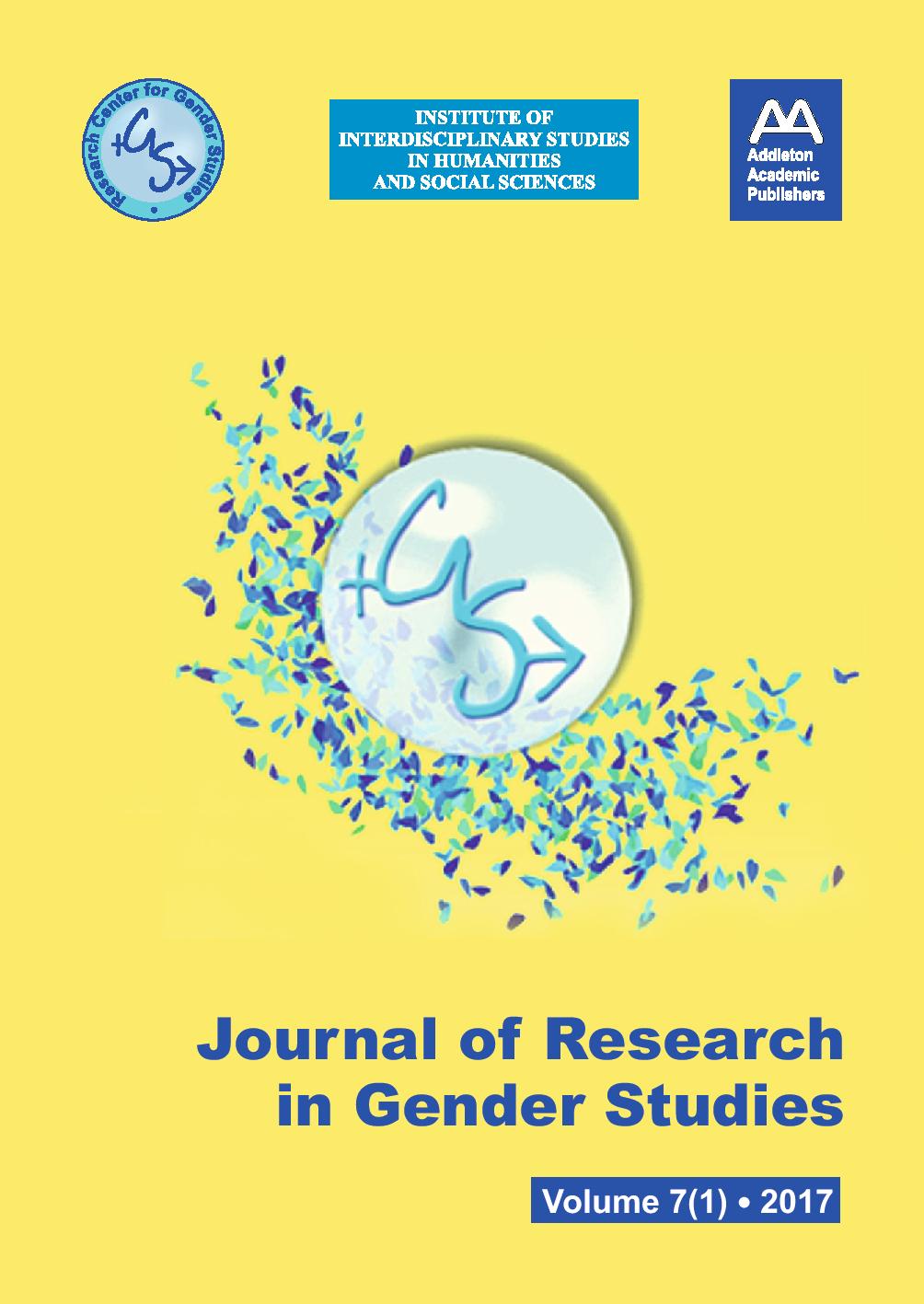THE SCORPION WHO STINGS THE DOG WHO BITES: THE EFFECT OF WOMEN’S DIFFERENT JOB POSITIONS ON GENDER DISCRIMINATION IN MICROFINANCE
THE SCORPION WHO STINGS THE DOG WHO BITES: THE EFFECT OF WOMEN’S DIFFERENT JOB POSITIONS ON GENDER DISCRIMINATION IN MICROFINANCE
Author(s): Stefano Mengoli, Vincenza Odorici, Sigurdur GudjonssonSubject(s): Gender Studies, Labor relations, Social differentiation, Human Resources in Economy, Socio-Economic Research
Published by: Addleton Academic Publishers
Keywords: women; job position; gender discrimination; microfinance;
Summary/Abstract: Allowing women to access and participate in the economics of life is no longer a “women’s issue.” Gender equality has become a strategic priority for firms to improve their economic and/or social performance. Thus, questioning whether gender discrimination is an issue even in firms directly engaged with the empowerment of women, also becomes an urgency. Commitment is not enough and gender concerns require a strategic approach. In this paper, we investigate gender discrimination in microfinance lending according to the roles females hold in MFIs. Using a multivariate approach on a panel of 205 Microfinance Institutions (MFIs) in 54 countries, we find that women in MFIs, differently from men, do not discriminate in loan size against women borrowers by gender. Moreover, women hierarchical positions matter in moderating this relationship. In fact, a Principal Component Analysis reveals that females in operating roles are more effective in reducing gender discrimination than women in leading positions. Whilst we focus on discrimination outside the MFIs, we find results consistent with the fact that gender equality in microfinance can be enhanced by gender equality advocate inside the organizations. Research on women’s empowerment should not only stress the presence of women in the organizations but also their role in the firm and the gender composition of working units. Practitioners pursuing gender equality need to reassess the role of women in the MFIs. Appointing women to powerful positions could be a straightforward solution but ineffective.
Journal: Journal of Research in Gender Studies
- Issue Year: 7/2017
- Issue No: 1
- Page Range: 137-165
- Page Count: 29
- Language: English
- Content File-PDF

